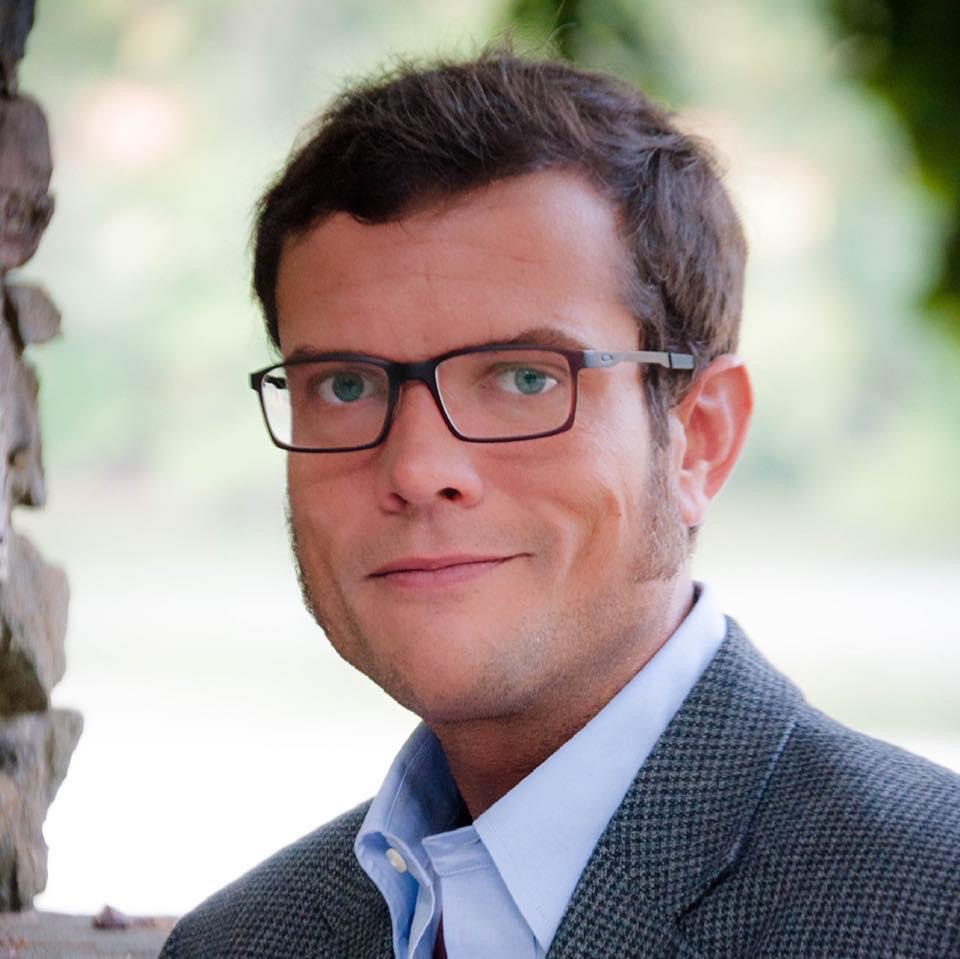Review of Dark Carnivals by W. Scott Poole
- Clay Anderson
- Mar 30, 2024
- 3 min read

In Dark Carnivals: Modern Horror and the Origins of American Empire, W. Scott Poole delves into the abyss of the American psyche and the nation's historical trajectory, arguing that the evolution of modern horror is inextricably linked to the rise of the United States as a global superpower. Poole, a historian with a penchant for the macabre, draws a line from the blood-soaked grounds of colonial expansion to the celluloid screams of contemporary horror cinema, positing that the genre serves as both a reflection and a critique of American imperial ambitions. This book review will explore Poole's thesis, dissect his arguments, and evaluate the effectiveness of his exploration into the symbiosis between horror and American empire.
Dark Carnivals opens with a foreboding introduction, setting the stage for a journey through the shadowy corridors of American history and popular culture. Poole traces the origins of the United States' imperial mindset back to the colonial era, where the displacement and decimation of Indigenous peoples created the first American horrors. These events, he argues, laid the groundwork for a cultural ethos that both sublimates and projects its fears onto the Other – a theme that would come to dominate the horror genre.
The book is structured thematically, with each chapter focusing on a different aspect of modern horror and its historical antecedents. From the gothic literature of the 19th century to the atomic anxieties of the Cold War, Poole illustrates how each wave of horror has been a response to its contemporaneous socio-political climate. The rise of the horror film in the 20th century, according to Poole, provided a new medium for these expressions, with monsters like Dracula and Frankenstein's creature embodying the anxieties of their time.
As horror evolved, so did its ability to critique American policies and practices. Poole dives into the Vietnam War's influence on horror, highlighting films such as George A. Romero's "Night of the Living Dead" and Wes Craven's "The Last House on the Left" as allegories for the nation's moral decay and the dehumanizing effects of war. The author also explores the genre's reaction to the rise of neoliberalism, the War on Terror, and the ongoing struggle with race, gender, and sexuality, arguing that horror has often been ahead of the curve in addressing these issues.
W. Scott Poole's analysis of the horror genre is both comprehensive and insightful. He exhibits a vast knowledge of American history and a deep understanding of the cultural underpinnings of horror. By drawing parallels between historical events and the evolution of the genre, Poole convincingly argues that horror has been a dark mirror reflecting the nation's imperialist tendencies and societal fears.
One of the book's strengths is its interdisciplinary approach. Poole does not limit himself to literary or film analysis but instead incorporates perspectives from history, sociology, and psychology. This breadth allows for a more nuanced discussion of the genre's impact and origins. He also does not shy away from critiquing the genre itself, acknowledging the ways in which horror has sometimes reinforced the very prejudices and ideologies it seeks to critique.
However, Dark Carnivals is not without its weaknesses. At times, the book's thematic structure leads to a disjointed narrative, with certain arguments feeling underdeveloped or lost in the broader tapestry Poole weaves. Additionally, while Poole's passion for the subject matter is evident, it occasionally results in a tone that may be perceived as overly didactic, potentially alienating readers who are looking for a more neutral historical analysis.
Furthermore, while Poole covers a wide array of films and literary works, there is an unevenness to the attention given to each. Some works are dissected at length, while others are mentioned only in passing. This selectivity may leave readers questioning the criteria for inclusion and the depth of analysis applied to each example.
Dark Carnivals: Modern Horror and the Origins of American Empire is a provocative and enlightening examination of the intersection between horror and American imperialism. Poole's argument that the genre acts as a canvas for the nation's darkest impulses and fears is compelling and well-supported. The book is a must-read for those interested in cultural studies, American history, and the horror genre itself.
Despite some structural issues and potential biases, Poole has crafted a work that is both intellectually rigorous and accessible to a general audience. His ability to connect historical dots to paint a portrait of horror as a critical tool for understanding American identity is an impressive feat. In the end, Dark Carnivals serves not only as a history of horror but as a sobering reflection on the American empire's legacy – one that continues to haunt the present.







Comments